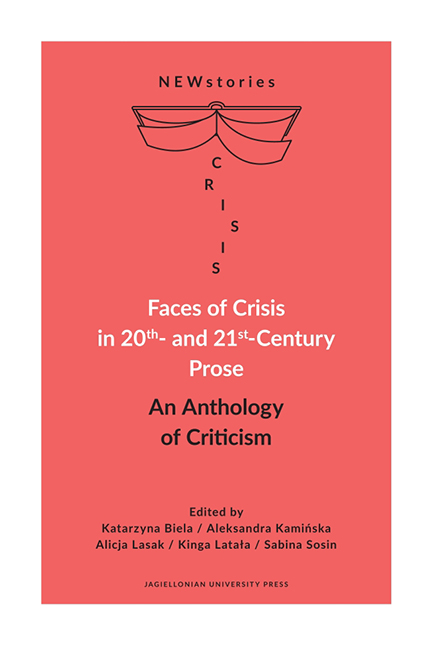The Maximum City. Bombay Lost and Found by Suketu Mehta as an Apocalyptic Vision of Multiple Crises of Human Values
Published online by Cambridge University Press: 16 July 2022
Summary
Abstract: Apocalypse—from Greek “disclosure” or “discovery”—in the Christian culture broadened its meaning to include the divine revelation of mysteries. In contemporary Western culture, the term apocalypse commonly refers to the end of the world, the dark era of the crisis of values followed by the redemption of humanity—a concept that can be compared to the Hindu vision of Kali Yuga, the era of darkness, characterised by conflicts, spiritual ignorance, and moral decadence, which also implies the end of the world. According to the Hindu calendar, we are now living in the middle of this era of ruin and the metropolis of Bombay (Mumbai), one of the largest in the world, where the most extreme poverty meets immense wealth, can be viewed as endowed with properties characteristic of Kali Yuga. The essay analyses Suketu Mehta's The Maximum City. Bombay Lost and Found, a tale of the city told through the voices of its inhabitants: Hindu thugs, Muslim murderers, “honest cops” in a corrupt world, beer bar dancers, women born by mistake in male bodies, and, of course, mannered actors of the biggest film industry in the world—Bollywood. It can be argued that this vast and labyrinthine reconstruction of the dizzy metropolis is in fact a portrayal of the various crises that affect its people in the 21st century.
Crisis and Precarity
Humans in their mental complexity are the species most vulnerable to various crises, which has been clearly proven by the events of the last two centuries. These crises can be of various origins: economic, ecological, and ethical, among others, but we can say that, essentially, there are two great crises of the modern age. The first one is linked with conflicts when the individual does not feel complete and harmonised, but rather divided, separated, and constantly tormented by desires and aspirations, torn between the mind and the body, the good and the bad within the self. Then there is the crisis of meaning, associated with living in an existential void, where life has lost its former value. Dictionaries (“Crisis”; “Crisi”; “Crise”; Zingarelli 2008: 281) define crisis as a state of strong disturbance in the life of an individual or a group of individuals, having more or less serious effects.
- Type
- Chapter
- Information
- Faces of Crisis in 20th- and 21st-Century ProseAn Anthology of Criticism, pp. 153 - 164Publisher: Jagiellonian University PressPrint publication year: 2020



